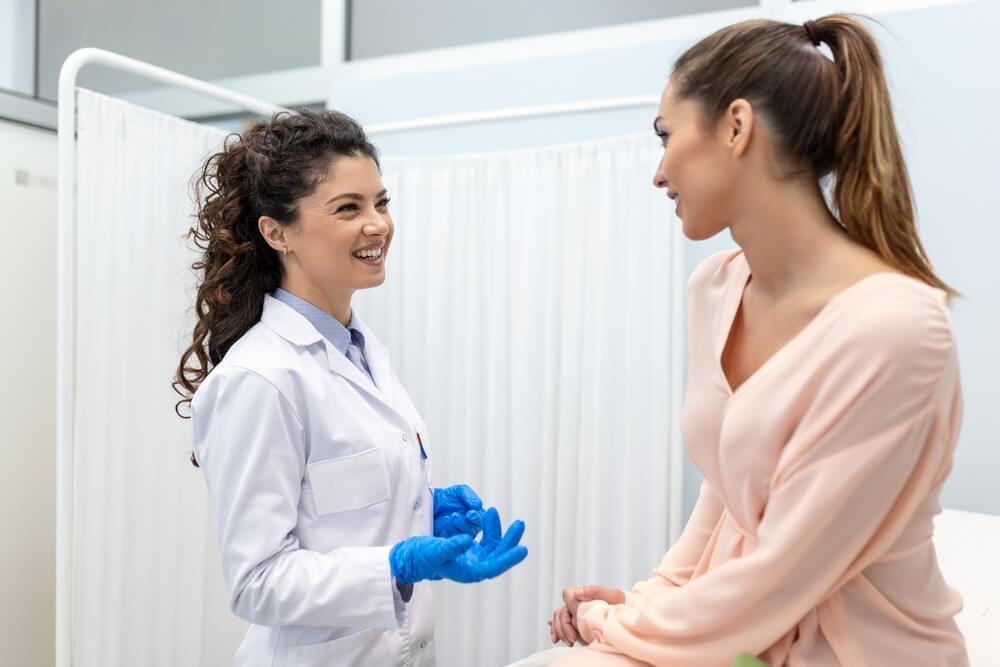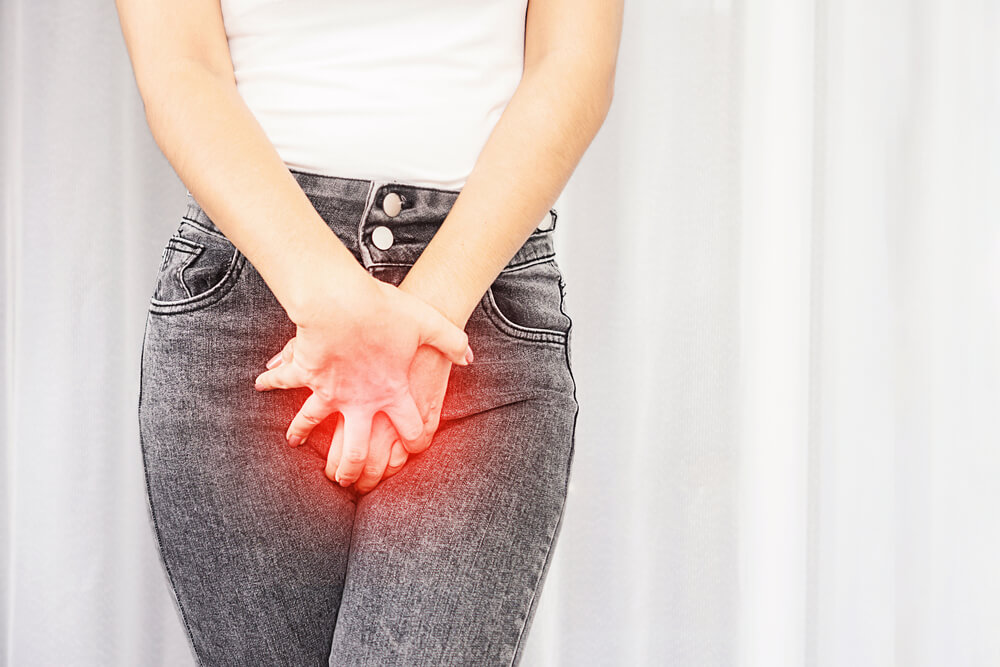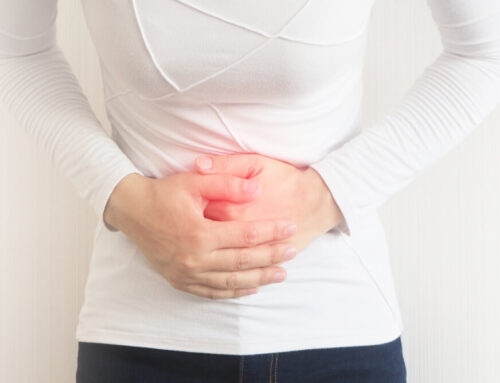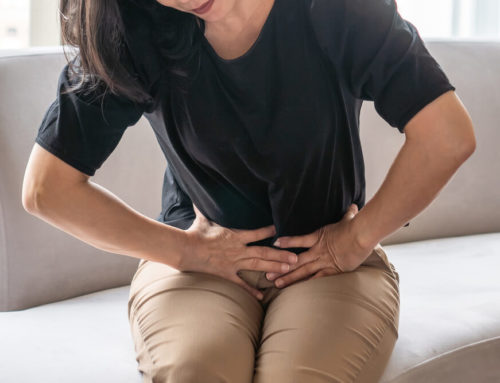Lichen sclerosus is a medical condition that affects the vulvar skin, the anus, and in males, the penis. More specifically, lichen sclerosus causes the affected skin to become thinner, discolored, irritated, and itchy. Some cases of anal and vulvar lichen sclerosus also lead to the formation of sores and blisters on the genital area.
In this article, our gynecology specialists in Miami, Florida, discuss what causes lichen sclerosus, the most prevalent symptoms, and treatment options for the medical condition.
About Lichen Sclerosus
If left untreated, the issue can lead to scarring and can lead to painful sex. In other cases, it can cause pain during urination, and if the anal area is affected, it can also cause pain during bowel movements.
Also, lichen sclerosus may increase the risk of developing squamous cell carcinoma, a form of skin cancer, if left medically unaddressed.
Luckily, lichen sclerosus is a rare medical condition, with around 200,000 people having it in the US. It can affect both genders, but women are slightly more prone to developing the condition.
Often called the white spot disease, lichen sclerosus is most prevalent in post-menopausal women, who are most likely to develop it between the ages of 40 and 60. On the other hand, girls who have yet to undergo puberty may also be at a higher risk of developing the disease.
Even though there’s no direct cure for the problem, fortunately, the symptoms can be controlled.
What Causes Lichen Sclerosus?
At this point, the medical community isn’t quite sure about the exact causes behind the disease. Some experts believe that the condition tends to behave similarly to an autoimmune disease, in which the patient’s own immune system attacks healthy cells.
Other medical experts suggest that hormonal changes and genetics may also play a role in the development of the disorder. There are documented cases of developing lichen sclerosus after trauma, such as sexual abuse or injury.
It’s also essential to know that the disorder isn’t an STI (sexually transmitted infection), and it’s not contagious.

Lichen Sclerosus Symptoms
The symptoms associated with the disorder may vary from mild to severe. In milder cases, some may experience no symptoms. For the most part, women with the disorder experience vulvar lichen sclerosus, or the disorder may affect the anus or the perineum, which is the space between the vulva and the anus.
Also, the condition may affect the skin on other body parts, like the chest, neck, upper back, breasts, mouth, and wrists.
That said, the most common lichen sclerosus symptoms include the following:
- Irritation and itching: Vaginal and vulvar itching can be very severe, and wearing tight clothes or riding a bike can make the problem worse. Besides vulvar itching, patients frequently feel a burning sensation in their vagina.
- Sores and ulcers: Cracks, blisters, and genital sores may also develop if the patient has scratched the area to relieve the itching. Often, the affected skin may crack, bruise and bleed to the gentlest touch.
- Changes in the skin: With lichen sclerosus, tiny white spots may appear on the patient’s genitals. These white patches can grow, and the skin may become thin, shiny, smooth, and even transparent.
- Scarring: Those who don’t receive lichen sclerosus treatment may also experience excessive scarring around the vulva and the clitoral hood. The scars may cause further problems, based on the affected area, leading to constipation, problems urinating, or experiencing pain during intercourse.
Diagnosing the Condition
Establishing a diagnosis will usually start with the healthcare provider performing an examination on the patient and asking them about their symptoms. In some instances, doctors may also order a biopsy, which involves taking a small skin sample and further analyzing it in a laboratory.
Lichen Sclerosus Treatment
As mentioned above, there’s no direct cure for lichen sclerosus, unfortunately. Still, providers can help patients manage their symptoms in the following ways:
- Prescribing topical medicine: Strong corticosteroid compounds and different creams can help relieve inflammation and itching. If you receive these creams, it’s crucial to follow the instructions given by your provider on how and when to apply the medicine.
- Immunosuppressive medication: These compounds weaken the patient’s immune system, so it is no longer capable of attacking healthy cells.
- Light therapy or phototherapy: This treatment uses narrowband NB-UVB light (ultraviolet B) to treat the symptoms of the disorder. The provider shines a light on the affected area with a lamp over several treatments.
Needless to say, regular checkups with your doctor are also crucial in your lichen sclerosus treatment. Your healthcare provider will watch for signs of complications and can address any problem that may appear in time.

Prevention
Unfortunately, there’s no way to prevent the disorder, but patients can relieve symptoms with a few lifestyle changes. Usually, this involves reducing irritation and friction through the following:
- Avoiding bike and horseback riding.
- Wearing loose-fitting clothing and underwear
- Avoiding scented laundry detergent and soaps
- Staying away from bubble baths as the suds can make the itching and irritation worse
- Changing wet clothes and swimsuits right away
Also, lichen sclerosus is a lifelong condition, and treatment can only relieve symptoms, which may come back over time.
And while the disorder isn’t life-threatening, it can cause severe discomfort without proper treatment. Also, people affected by the condition have a higher risk of developing squamous cell carcinoma. Because of this, patients must schedule regular checkups with their providers, who will monitor the disorder and look for potential cancer signs.
Living With the Condition
Patients should see their provider if they are experiencing discomfort or itching in their anal or genital area. Determining the exact causes of the symptoms is crucial. In some cases, the symptoms may not be due to lichen sclerosus but another condition, such as a sexually transmitted disease.
On the other hand, those patients who experience recurring symptoms of lichen sclerosus should visit their provider immediately to receive treatment and prevent scarring.
Is It an Autoimmune Disease?
Some might wonder whether lichen sclerosus is an autoimmune disease. Currently, there’s not enough data to classify the disorder as an autoimmune disease, like other disorders (for example, type 1 diabetes, pernicious anemia, alopecia areata, or vitiligo). Still, the close associations between lichen sclerosus and these conditions may suggest that the disorder can be triggered by autoimmune body responses.
Effective Symptom Management Is Crucial
Patients with lichen sclerosus should be honest and open about their condition and symptoms with their providers. They should always tell their doctors if the symptoms return after treatment or worsen. Regular checkups are critical for tracking the patient’s health and avoiding scarring and other more severe complications.
That being said, the experts at Elite Gynecology in Miami are understanding and compassionate providers who are ready to assist patients with their symptoms. They are also ready to help with any questions or concerns their patients may have.
If you would like to know more about available treatments, feel free to reach out to us today.
You may contact our office at (305) 602-3022 or request an appointment online.







